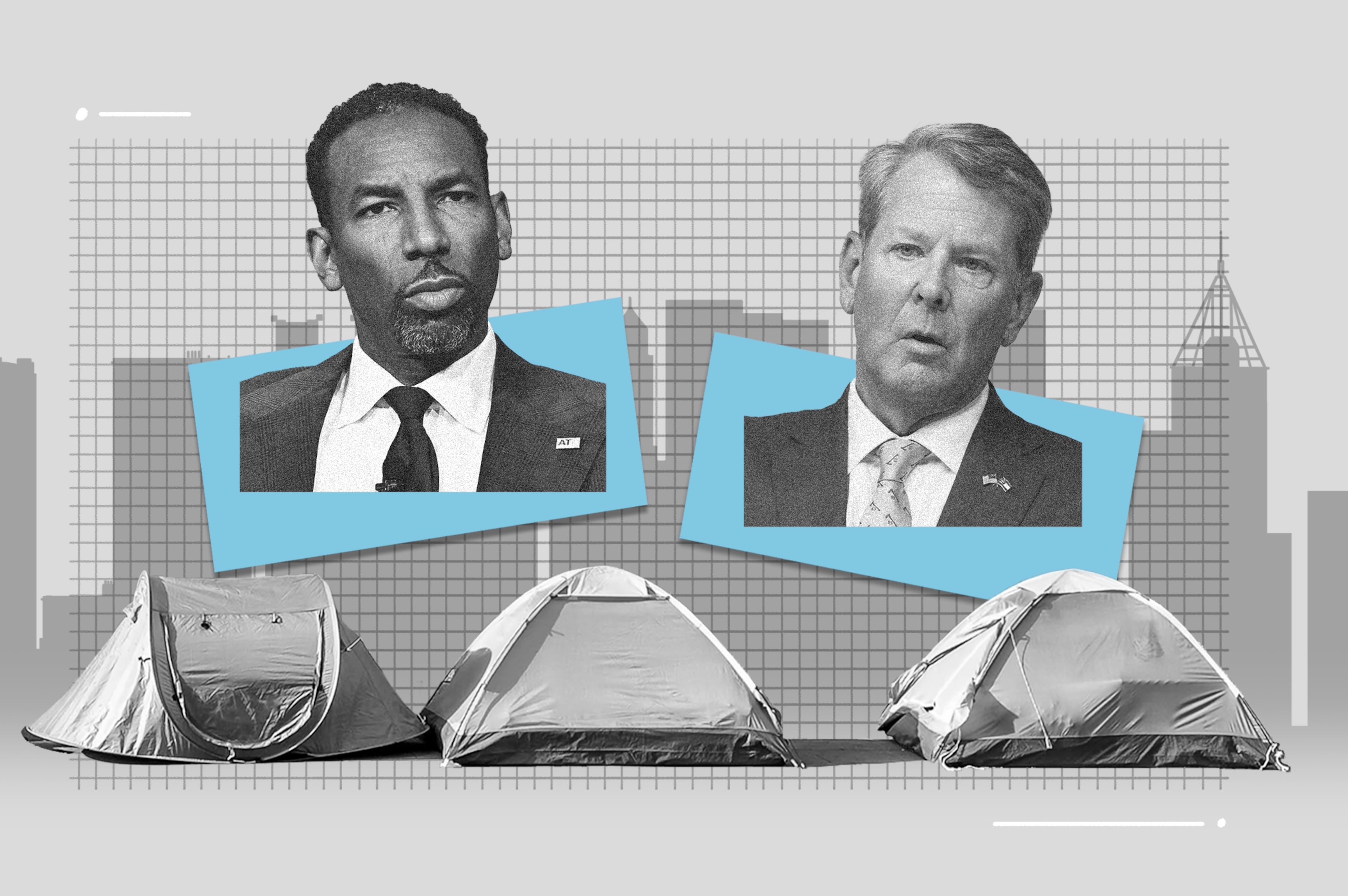Legislative sausage-making is not for everyone
No matter who first compared the art of legislating to sausage making — and you can spend a lot of time going down the internet rabbit hole on that — we saw this week why it remains a truism in Congress.
In the U.S. Senate, major tax provisions suddenly appeared from out of nowhere, dropped into a gigantic GOP bill which, naturally, was unveiled just before midnight on a Friday night.
“This has been an awful process,” said U.S. Sen. Lisa Murkowski, R-Alaska. It was an ironic statement from a senator who, after winning a host of last-minute changes for her own state, provided the pivotal vote leading to the margin of victory for the White House.
If you dig into the bill, Georgia is never specifically mentioned. But Murkowski’s home state of Alaska comes up 19 times.
“The more people hear about this bill, the more unpopular it becomes,” U.S. Sen. Raphael Warnock, D-Ga., told reporters, as Democrats watched helplessly from the sidelines.
Maybe the craziest provision was one that seemed to reward states for waste in their federal food programs.
The House version of the bill cracked down on states with high error rates in the Supplemental Nutrition Assistance Program, more commonly known as food stamps. But a last-minute change in the Senate exempted states with lots of questionable SNAP spending, such as Alaska, from penalties for one or two years.
The amendment raised the cost of the bill but secured the vote of Murkowski.
“It’s just an absurd policy,” said U.S. Rep. Chip Roy, R-Texas.
Gamblers were up in arms over one provision that limits write-offs for gambling losses. Some argued it could force people to pay taxes on their gambling winnings, even if they actually had net betting losses for the year.
“You could pay more in tax than you won,” said Phil Galfond, a professional poker player.
Other provisions couldn’t survive public scrutiny. A new excise tax on wind and solar projects lasted 72 hours. Who tried to add that into the Senate bill? It wasn’t clear.
Both parties rejected selling millions of acres of public lands out West. And the Senate voted 99-1 to strip out a plan that would have blocked states from regulating artificial intelligence.
For years, Republicans have railed against large, “omnibus” bills in Congress. But that’s exactly what this turned into — a legislative grab bag on taxes and spending.
For example, there is an $85 million provision that takes the Space Shuttle Discovery — now on display at a museum outside Washington — and moves it to Texas.
That wasn’t a plan from the Smithsonian. Rather, it was from the two GOP Senators from Texas who want the shuttle on display in Houston.
“We all joke about Congress, but we can’t improve on them,” Will Rogers once said. “Have you noticed that no matter who we elect, he is just as bad as the one he replaces?”
The legislative process is a fascinating one. Just don’t be surprised by how messy it gets.
Jamie Dupree has covered national politics and Congress from Washington, D.C. since the Reagan administration. His column appears weekly in The Atlanta Journal-Constitution. For more, check out his Capitol Hill newsletter at http://jamiedupree.substack.com


